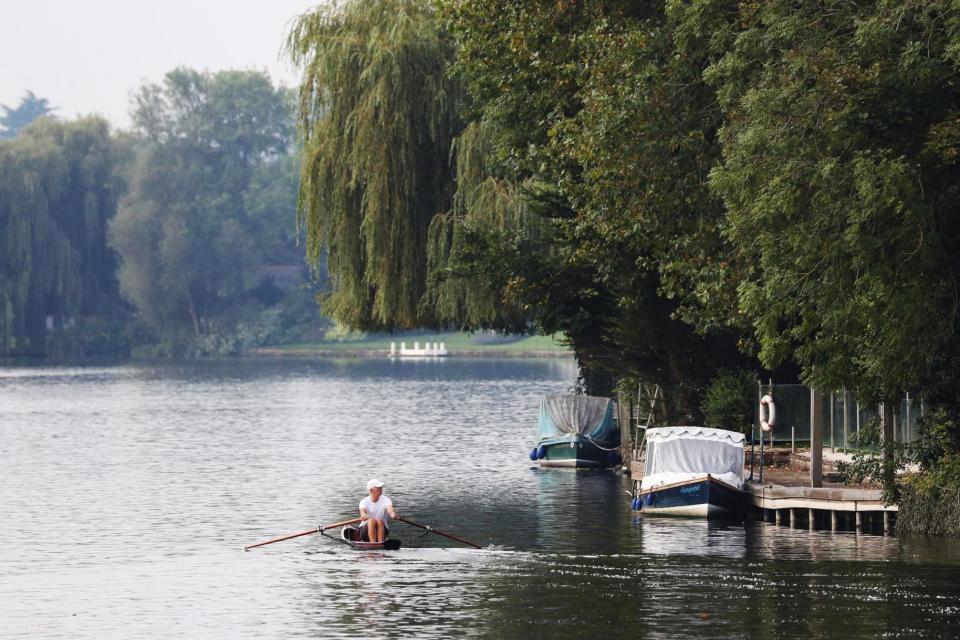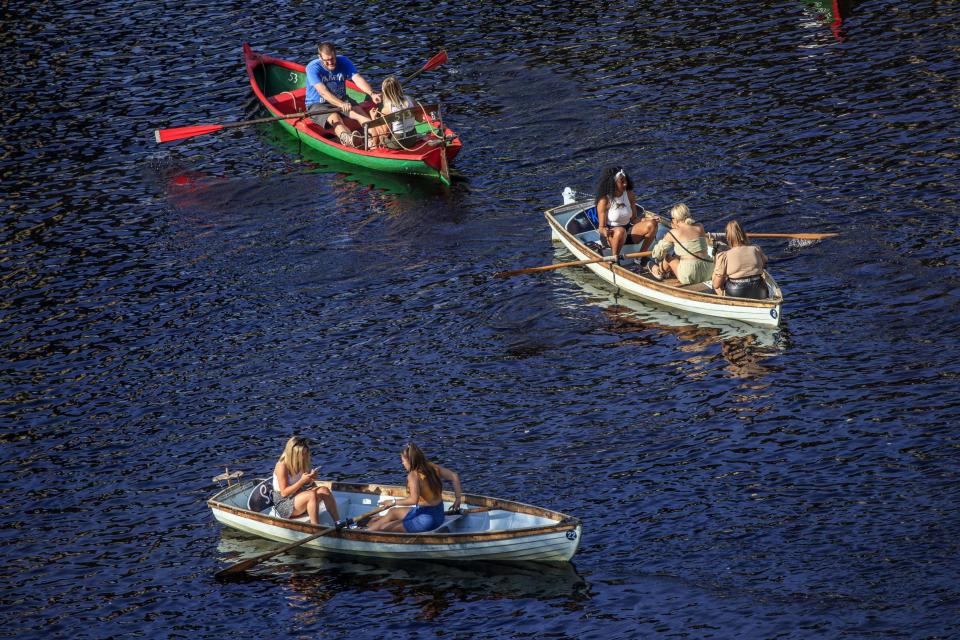Call for urgent action to protect rivers and lakes in England as all fail new pollution standards

All rivers and lakes in England have failed to meet new stricter standards for pollution, according to official data which has prompted calls for urgent action.
Environment Agency figures show that every monitored surface water body failed standards for chemical pollution, meaning none were given an overall clean bill of health.
When figures were last published in 2016, 16 per cent of waters were classed as in good health, but conservationists said the new data reveals the true poor state of rivers, lakes and streams.
Just 14 per cent of rivers were classed as in good ecological condition, with healthy populations of fish, insects and aquatic plants that would naturally be found there, a figure that is unchanged from 2016.
Conservationists said England was on track to miss targets in the EU Water Framework Directive that all water bodies should be in good or better condition by 2027.

Environmental groups warn that measures of how healthy England’s rivers and lakes are should not be watered down after Brexit, by changing the rules that class water bodies as not in good health if they fail any of the indicators.
They have called for the Government to bring in ambitious legal targets to improve the quality of the aquatic environment, legislate for water companies to phase out sewer overflows that pollute rivers, and ensure funding for monitoring.
The groups said water health should be a top priority for regulator Ofwat to ensure reductions in customer bills are not prioritised over getting England’s rivers and lakes in a good condition, to provide sustainable water supplies in the face of climate change.
Farmers also need advice and support, and funding through payments to protect rivers using measures such as buffer strips of land between fields and waterways and reduced use of chemicals, they urged.
Richard Benwell, chief executive of the Wildlife and Countryside Link coalition of conservation groups, said: "Chemicals, sewage, manure and plastic are polluting our rivers, invasive weeds are choking them, and climate change and over-abstraction are drying them out.
"Urgent investment is needed now to turn our suffering waters into thriving blue corridors for wildlife.
"It means investment, industry change, and improved standards are essential, with the legal underpinning in the Environment Bill to make our waters well again."
Beccy Speight, RSPB chief executive, said: “We think of our rivers, canals, lakes and wetlands as beautiful landscape features, but they are also vital to life, provide homes for our precious wildlife and, in good condition, can help tackle the climate crisis by storing huge amounts of carbon.
“But we are wrecking these incredible natural treasures through pollution and by extracting and draining too much water away.
“It is time for the Government to face up to the fact that international and UK targets meant to protect nature have failed – only legally binding targets and transparent, properly funded monitoring will lead to real change for nature.”
Read more
9 ways to make a difference on World Environment Day
How to help the planet one online search at a time
Positive impacts on the environment since coronavirus lockdown began
‘Conversation is needed about long-term future of flood-hit areas’

 Yahoo Sport
Yahoo Sport 





































